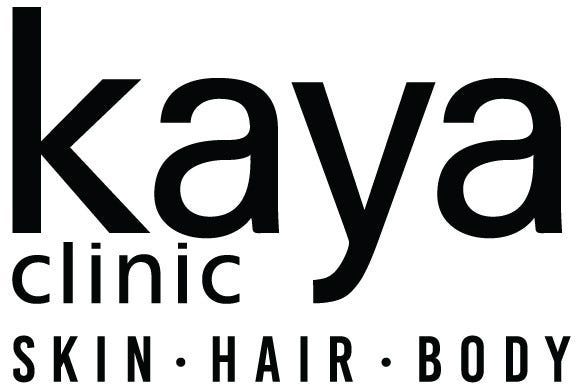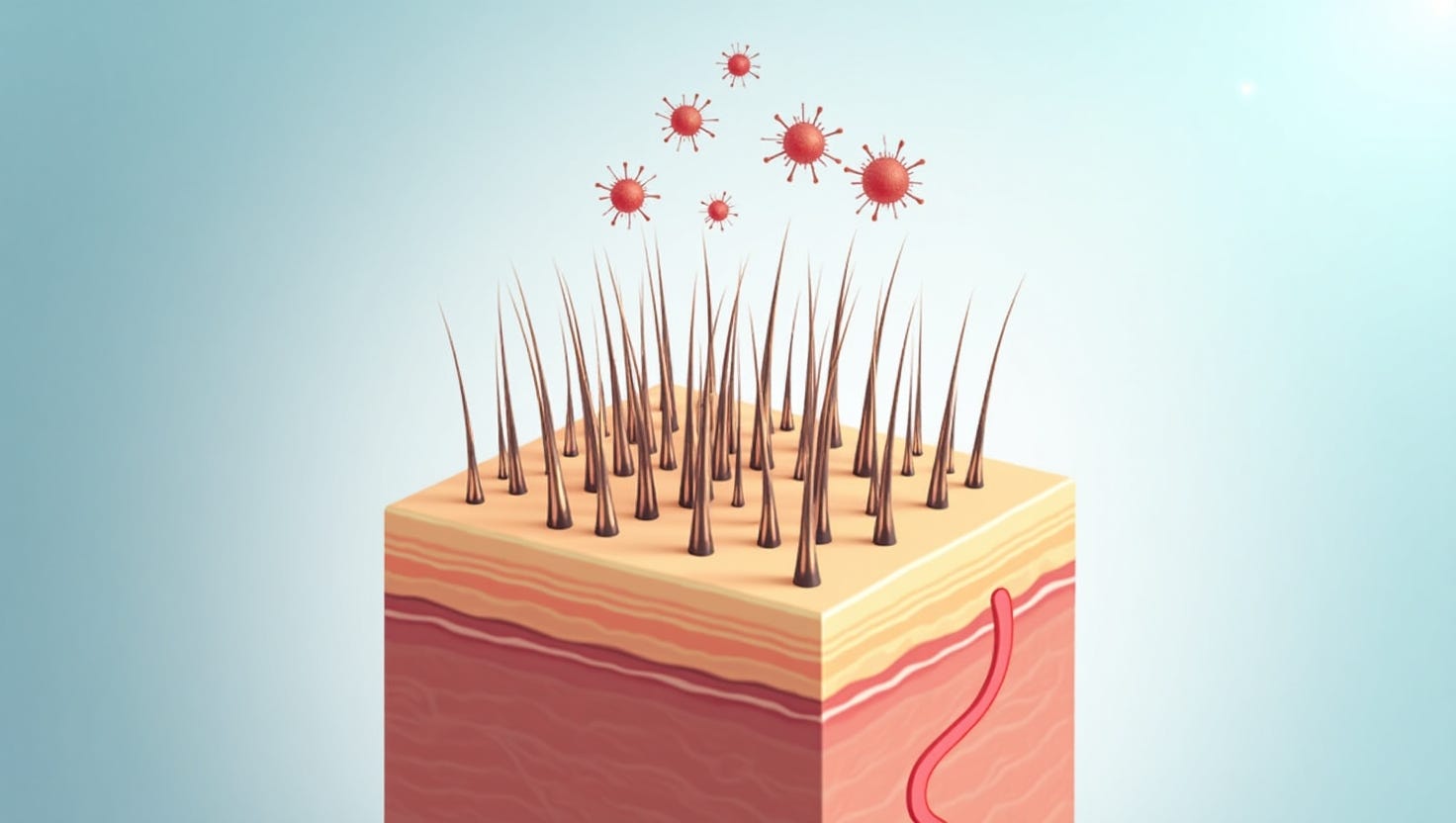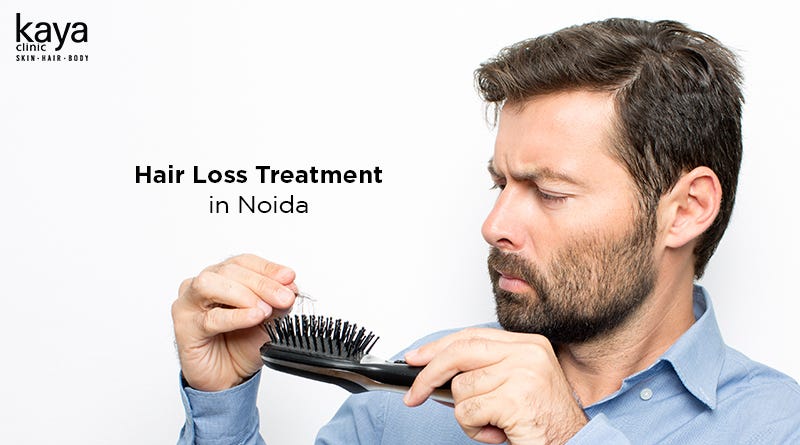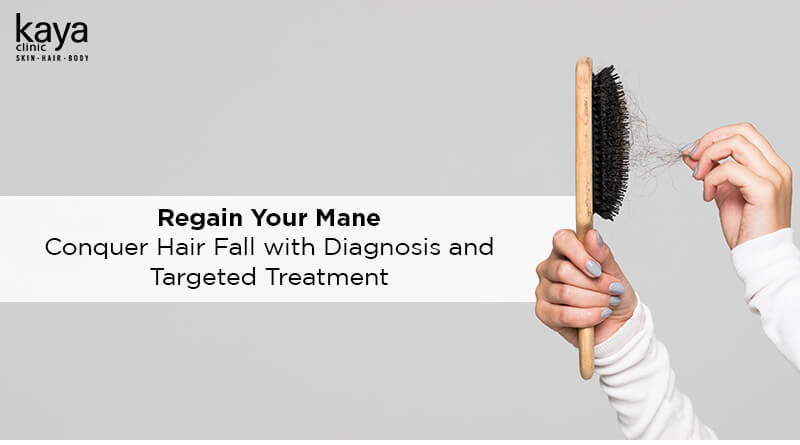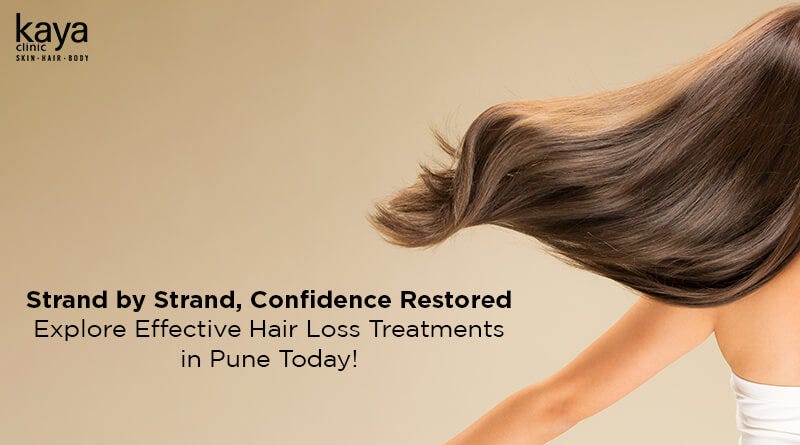Postpartum Hair Loss: Symptoms, Treatments, and Consultation

Table of Contents
- Understanding Postpartum Shedding
- Symptoms of Postpartum Shedding
- Treatment Options for Postpartum Shedding
- When to Consult a Doctor
Understanding Postpartum Shedding
The natural and transient hair loss that occurs in the months following childbirth is postpartum shedding. It is a frequent occurrence that many new mothers face, and it is mostly due to hormone imbalances throughout pregnancy and the postpartum period.
Increased hormone levels during pregnancy might cause the hair's growth phase to be prolonged, resulting in thicker locks. However, hormone levels decline after delivery, leading to more hair entering the resting and shedding phases.
Symptoms of Postpartum Shedding
As postpartum shedding kicks in, you might observe a noticeable increase in hair shedding, particularly when brushing or washing your hair. Now let us look at some of the most common symptoms.
- Increased Hair Fall: Noticeable increase in hair shedding, especially when brushing or washing hair.
- Thinning Hair: Reduction in hair volume and thickness.
- Visible Scalp: Greater visibility of the scalp due to reduced hair density.
- Loose Hair: More loose hairs on pillows, clothing, and in the shower.
- Changes in Hair Texture: Some may experience hair texture or structure changes during shedding.
Treatment Options for Postpartum Shedding
From adopting a nutrient-rich diet that supports hair health to incorporating gentle hair care practices, let's dive into some approaches that can help you navigate through postpartum shedding with a touch of care and a dash of confidence.
- Nutrient-Rich Diet: Focus on a well-balanced diet rich in vitamins and minerals, especially those known for promoting hair health. This includes vitamins A, C, E, and B-complex vitamins, as well as minerals like zinc and iron.
- Hydration: Ensure proper hydration as it plays a crucial role in maintaining overall health, including hair health.
- Gentle Hair Care: Use mild shampoos and conditioners to avoid further stressing the hair. Be gentle when brushing or combing to prevent additional breakage.
- Avoid Heat and Chemicals: Minimise the use of heated styling tools and chemical treatments during this period to prevent additional damage to fragile hair.
- Supplements: Consult with a healthcare professional about the potential need for supplements. Postpartum vitamins or specific supplements targeting hair health may be recommended.
- Stress Management: Practise stress-reducing techniques, as stress can contribute to hair loss. Incorporate activities like yoga, meditation, or deep breathing exercises into your routine.
- Regular Exercise: Engage in regular physical activity, which promotes overall well-being and can positively influence hormonal balance.
- Professional Advice: If concerns persist or worsen, it's advisable to consult with a healthcare professional or a dermatologist. They can provide personalised advice based on your specific situation.When to Consult a Doctor
If you have severe postpartum hair loss that lasts longer than usual or notice unexpected changes in your hair, it is best to consult a healthcare specialist. Experts can assess your overall health, identify underlying disorders, and provide appropriate treatment options.
Dealing with postpartum shedding can be problematic, but with Kaya's experienced advice, we understand the special difficulties associated with this condition. Our expert team of dermatologists provide customised solutions while avoiding invasive treatments. Trust our expertise to help you prioritise personalised care and promote healthier hair growth post-pregnancy. Make an appointment with our professionals if you suffer severe hair shedding after childbirth.
Related Blog : Hairfall solution at home
